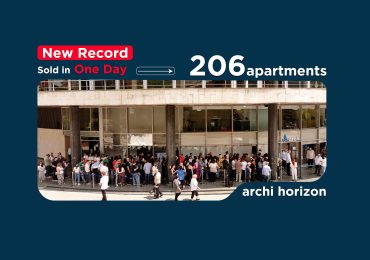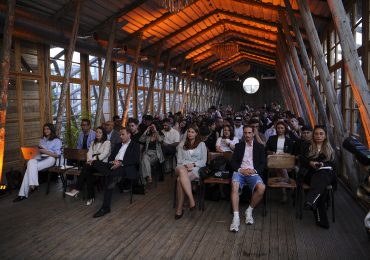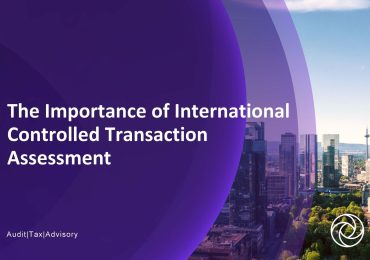Nikoloz Sumbadze, guest lecturer of the Energy Training Center at GNERC and co-founder of AYPEG, reviews new opportunities for consumers in the energy market:
”In 2019 European Union (EU) updated its energy policy framework in order to move away from fossil fuels towards cleaner energy and reduce greenhouse gas emissions. EU’s energy policy main directions were reflected in the Clean energy for all Europeans package which brings considerable benefits for consumers, the environment and for the economy. It creates important bases for combating against global warming and achieving EU’s long-term strategy – achieving carbon neutrality (net-zero emissions) by 2050. Therefore, transition to a climate-neutral society is both an urgent challenge and an opportunity to build a better future for all where all parts of society and economic sectors will play a key role.
One of the main pillars of Clean energy for all Europeans package is to support and incentivize collective and citizen-driven energy actions in the energy sector in the form of energy communities. Started at a small mainly voluntarily scale recent growth of decentralised renewable energy technologies has made large scale utilization of renewable energy and energy communities possible. Recent developments in local deployment of renewable energy and climate protection demonstrates best examples of boosting renewable energy utilization on a large scale. Hence, energy communities can contribute to increase public awareness of renewable energy sources, attract private investments and provide direct benefits to citizens by increasing energy efficiency, lowering their electricity bills and creating job opportunities.
The Clean Energy Package for all Europeans contains two definitions of energy communities. The concept of citizen energy communities (CEC) is part of common rules for the internal market for electricity (EMD) (Directive 2019/944) and renewable energy communities (REC) – REDII on the promotion of the use of energy from renewable sources (Directive 2018/2001). Table below provides an overview of the definition of the two types of energy communities according to the two EU directives.
| Renewable energy community Article 2(16) of REDII | Citizen energy community Article 2(11) of EMD |
| a legal entity:
a) which, in accordance with the applicable national law, is based on open and voluntary participation, is autonomous, and is effectively controlled by shareholders or members that are located in the proximity of the renewable energy projects that are owned and developed by that legal entity;
b) the shareholders or members of which are natural persons, SMEs or local authorities, including municipalities;
c) the primary purpose of which is to provide environmental, economic or social community benefits for its shareholders or members or for the local areas where it operates, rather than financial profits; | a legal entity that:
a) is based on voluntary and open participation and is effectively controlled by members or shareholders that are natural persons, local authorities, including municipalities, or small enterprises;
b) has for its primary purpose to provide environmental, economic or social community benefits to its members or shareholders or to the local areas where it operates rather than to generate financial profits; and
c) may engage in generation, including from renewable sources, distribution, supply, consumption, aggregation, energy storage, energy efficiency services or charging services for electric vehicles or provide other energy services to its members or shareholders; |
Energy communities offer the unique opportunity for consumers to form a critical mass, become renewable energy producers and offer their demand flexibility to the market. It is important to mention that there are similarities and differences between CEC and REC. In terms of similarities, both types of communities require form of legal entity for the establishment as a community with concrete governance structure and management. At the same time membership should be voluntary and open to all interested parties. In terms of activities in the energy sector both types of communities can share, store energy and access to the energy market directly or through aggregator. On the other hand, main differences between two types of communities are following:
- CEC: there is no geographic limitation i.e. no proximity to the energy project required. It only covers electricity generation taking into consideration technological neutrality implying that electricity generation from non-renewable energy sources is also possible;
- REC: Proximity to the energy project is required and it is open to all types of renewable energy sources.
Currently, Project SHAREs[1], Horizon 2020 project, is in progress in Georgia. The project SHAREs covers 10 partner organizations from 6 countries: Austria, Bulgaria, Croatia, Germany, Hungary, Georgia. It started in September, 2021 and lasts until August, 2024. The SHAREs objective is to cover a great variety of collective actions that will contribute to increased energy efficiency, optimised energy management and integrated a higher share of renewables. The SHAREs, supports any interested party in setting up or expanding their energy community and enables them to motivate and reach out to consumers directly, including those who do not yet have an affinity for energy or are simply unfamiliar with the concept of energy communities. In each partner country, a website in national languages will be developed where all interested parties can find all necessary information and tools needed for setting up or expanding their energy community. At the same time, project SHAREs aims to support several pilots in setting up their energy communities or any type of collective action in the six partner countries.
In Georgia, legislation regarding energy communities has not been transposed yet. Georgia, as a contracting party of the EU Energy Community, has obligation to transpose the legislation and implement it in the upcoming years. However, Georgia has successfully implemented net-metering regulation, including group net-metering allowance (so called virtual net metering). Currently, this is the only initiative of collective action in the Georgian electricity sector that involves group of final consumers. However, implementation of European style regulations for the energy communities is expected to bring more new opportunities to Georgian citizens. Consequently, there is a clear need to support Georgian citizens interested in setting up collective actions/energy communities and empower them with new knowledges and capacities. In this regard, project SHAREs will provide good practical examples of energy communities as well as bring European know-how which will empower Georgian citizens and boosts establishment of energy community on a large scale after full harmonization of Georgian energy legislation into the requirements of the Clean Energy Package”.














